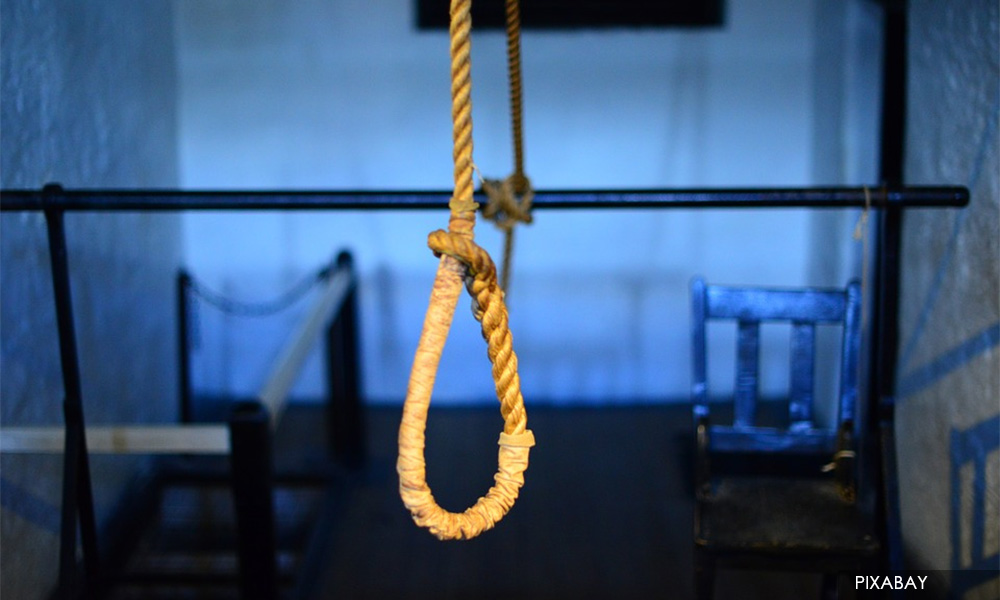Former inspector-general of police Musa Hassan has used the Christchurch mosques massacre to justify his case on why the death penalty should not be abolished.
Musa claimed the terrorist who ended 50 lives in shootings at two mosques did so because of the lack of a deterrent, since New Zealand does not have the death penalty.
"For example, in New Zealand, they dared to do what they did because they knew that killing will not be punished with the death penalty.
"Even if I kill someone, I will not be sentenced to death," Musa told a press conference at Wisma MCA in Kuala Lumpur.
According to Musa, the death penalty is still relevant to contain criminal activities, and to deliver justice to families of victims of crime, especially murder.
 However, Musa acknowledged that the death penalty imposed on certain convicts, such as drug mules, should be reviewed.
However, Musa acknowledged that the death penalty imposed on certain convicts, such as drug mules, should be reviewed.
Whatever the case, the government should consult and seek feedback from all stakeholders, including the police and civil servants, before deciding on the abolishment of the death penalty, he added.
Musa stressed that the death penalty had little to do with vengeance, but rather a comeuppance to those who commit violent crimes.
"For instance, if a woman is raped and killed, how would her family feel? Of course they would want a deterrent sentence imposed on the killer."
For the record, it was reported last year that the murder rate in New Zealand in 2017 had fallen to a 40-year low - just seven cases for every one million people.
In comparison, figures compiled by the Department of Statistics Malaysia recorded 379 murders that year - about 12 cases for every one million people.
The MCA has organised a campaign against the government's plan to abolish the death penalty.
The government had initially planned to abolish the death penalty in full, despite its manifesto only mentioning the mandatory death penalty.
"We cannot do it half-heartedly, like abolishing the death penalty for one offence and keeping it for another. We want to abolish all death penalties," Minister in the Prime Minister's Department Liew Vui Keong had said.
However, after strong opposition, the government backtracked and announced that it would only abolish the mandatory death penalty.
The abolition of the mandatory death penalty would give discretion to judges to decide whether to mete out such a punishment.
On March 15, suspected white supremacist Brenton Tarrant, who was heavily-armed, opened fire in two mosques, killing 50 people and wounding scores of worshippers.
He was arrested shortly after and charged with murder. Following the attack, the New Zealand government also announced the banning of semi-automatic weapons.
Source : https://www.malaysiakini.com/news/469099

No comments:
Post a Comment